How to Build a Stronger, More Resilient Team
june 2025 / Anastasiia skurtul
Why Investing in Your People is the Most Strategic Move You Can Make
A strong team isn’t just a group that functions when everything’s smooth. It’s a team that communicates clearly, pivots when needed, and stays aligned—even during stress, setbacks, or uncertainty.
Whether you're running a nonprofit, leading a startup, or managing a growing organization, team resilience is no longer optional. It’s a foundational asset. Because change isn’t rare—it's constant. The way your team responds to that change can make or break your long-term success.
So what exactly makes a team resilient? And more importantly—how do you build one?
Let’s explore the five key strategies to create a team that doesn’t just withstand challenges—but grows through them.
1. Create Psychological Safety
If people are afraid to speak up, share ideas, or admit mistakes, innovation stalls and performance drops. That’s why psychological safety—the sense that your workplace is a safe space for honest communication—is the foundation of resilience.
Teams need to know that their voices matter. That their feedback won’t be punished. That trying, failing, and learning is part of the process. And this begins with leadership. Leaders must model vulnerability, ask for input, and show that it’s safe to take risks and grow.
Resilient teams thrive where trust is real, not just implied.
2. Define a Shared Purpose
Resilient teams are driven by something bigger than their task lists. They are grounded in a shared purpose that gives meaning to their work—even when it’s hard.
When every person knows why their role matters and how it contributes to a broader mission, alignment becomes natural. Purpose helps teams stay motivated during long nights, tough feedback, or moments of doubt. It's the “why” that holds them together when the “how” gets complicated.
In nonprofits and mission-driven businesses, your purpose should be your anchor. Make it visible. Talk about it often. Let it guide decisions—not just branding.
3. Encourage Flexibility Over Perfection
Perfect processes are wonderful—until reality hits. Deadlines shift. Clients back out. Plans fall apart.
Resilient teams don’t crumble when the unexpected happens. They adjust.
That flexibility only happens in organizations that value agility over perfection. If people are afraid to make changes or try new approaches, they’ll freeze instead of adapt. Encourage a culture where experimentation is normal, mistakes are data, and learning is a continuous process.
Create workflows that allow for iteration. Build check-ins that support mid-course corrections. And above all, make room for problem-solving, not just performance.
4. Invest in People, Not Just Processes
Too often, leaders focus on improving tools, systems, or outputs—but overlook the people driving all of it.
Your team’s capacity to endure, recover, and grow through challenges depends on whether they feel supported, heard, and equipped.
That means:
- Prioritizing professional development
- Checking in on capacity—not just productivity
- Addressing burnout before it breaks your team
- Creating space for team members to ask for help or set boundaries
The best systems can’t compensate for a burned-out or disengaged staff. Resilience grows when your people know they matter.
5. Celebrate Progress—Not Just Results
High-performing teams aren’t just focused on outcomes. They pay attention to growth, effort, and consistency.
Why does this matter? Because when teams feel recognized only when they "win," they start to hide failures, avoid risk, and disengage when success isn't guaranteed.
Resilient cultures celebrate more than the final result. They celebrate collaboration, adaptability, and learning. They remind people what’s working—not just what’s next.
This builds confidence. And confidence builds capacity.
Your People Are the Mission
Strong, resilient teams don’t happen by accident. They’re built with intention, care, and consistency.
Whether you’re growing a grassroots nonprofit or scaling a small business, your people are your greatest asset. They carry your mission. They shape your culture. And they decide what happens when things don’t go as planned.
So don’t wait for the next crisis to figure out if your team can handle it. Build that resilience now, so you’re ready for whatever comes next.
